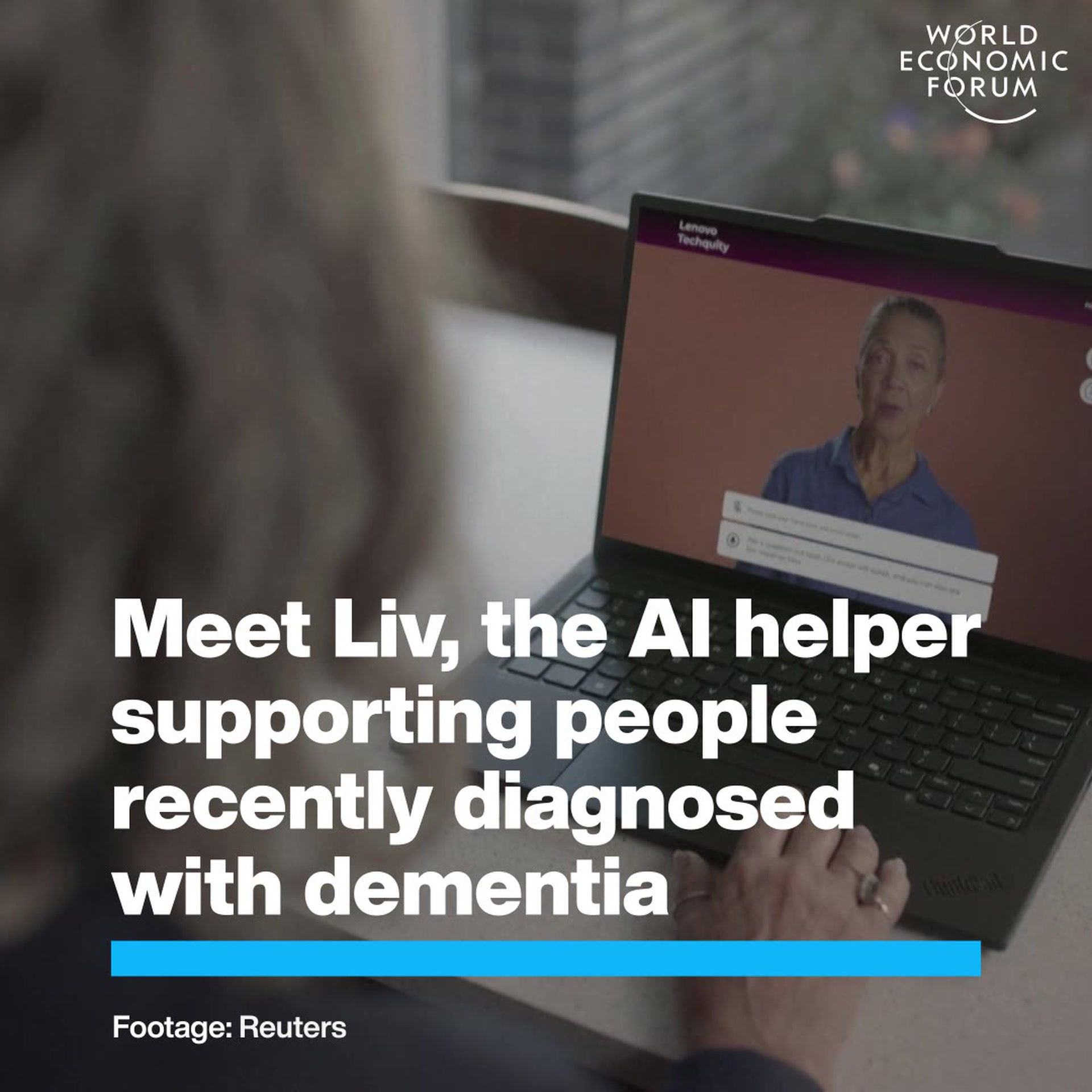UNIVERSAL HEALTHCOVERAGE PROGRESS STALLS AS ECONOMY AND DEMOGRAPHICS CHANGE

In a concerning turn of events, efforts to achieve Universal Health Coverage (UHC) have largely stalled despite a decade of progress towards meeting the UN Sustainable Development Goals (SDGs). According to the World Bank, UHC is no longer on track for achievement by 2030, and some 4.5 billion people still lack sufficient healthcare coverage.
UHC is defined as when everyone can access necessary healthcare without financial hardship. However, in recent years, the share of households spent on out-of-pocket healthcare payments has increased since 2015, indicating a growing burden on individuals and families to pay for healthcare services.
The latest research highlights the need for health equity, which refers to when everyone can attain their full potential for health and wellbeing. To achieve this goal, healthcare leaders must collaborate with both public and private sector organizations to develop innovative financing concepts such as mandatory UHC contributions and online-offline care models.
"UHC 2.0" is a new research agenda focused on achieving health equity through more equitable financing of healthcare services. The report emphasizes the need for countries to transform their public sector finance systems, explore alternative funding sources, and promote smarter procurement practices.
The World Economic Forum's Centre for Health and Healthcare has championed global action towards UHC by advocating for change across all health domains. To accelerate progress, stakeholders will need to engage in evidence-based decision-making, test new UHC concepts in existing sites and use cases, and pool best practices from countries with similar characteristics.
With less than half of the global population having access to essential healthcare services and 80% of deaths occurring in children under age five being in Sub-Saharan Africa and South Asia, the need for urgent action is clear. On International UHC Day, December 12, 2024, leaders must recommit to achieving Universal Health Coverage and ensuring that everyone can attain their full potential for health and wellbeing.
Sources: World Bank, World Health Organization, World Economic Forum"
